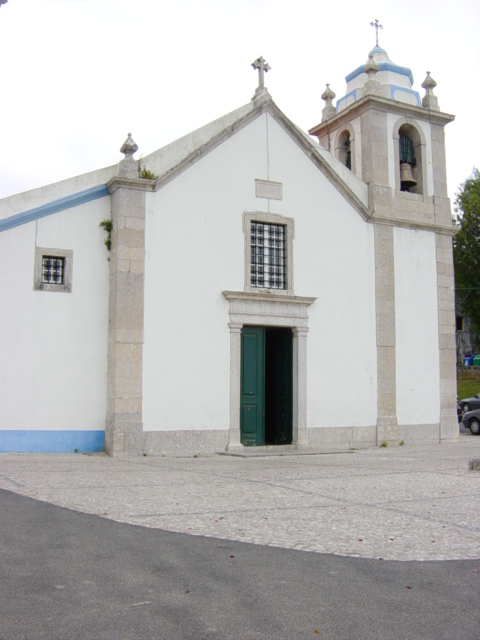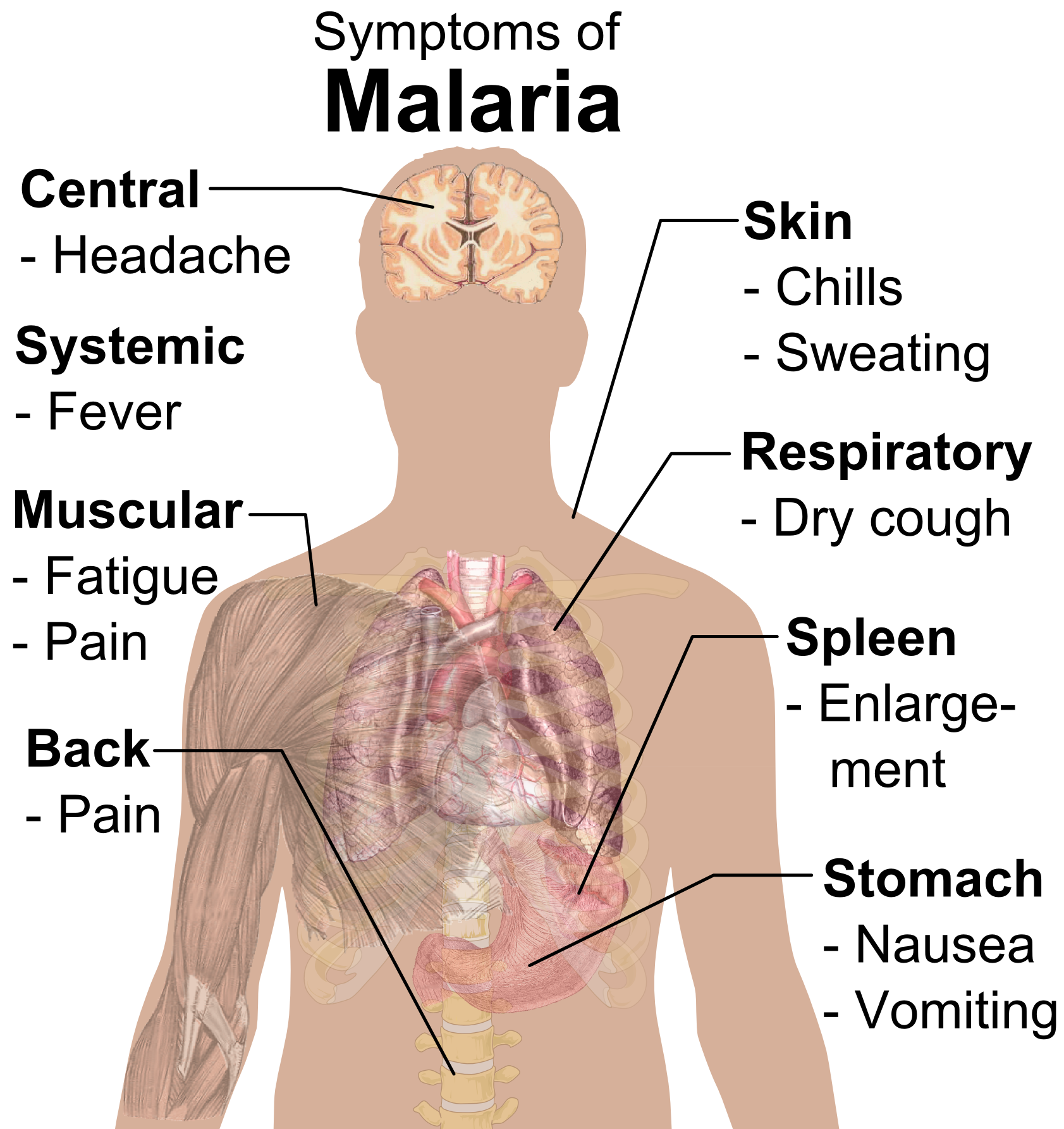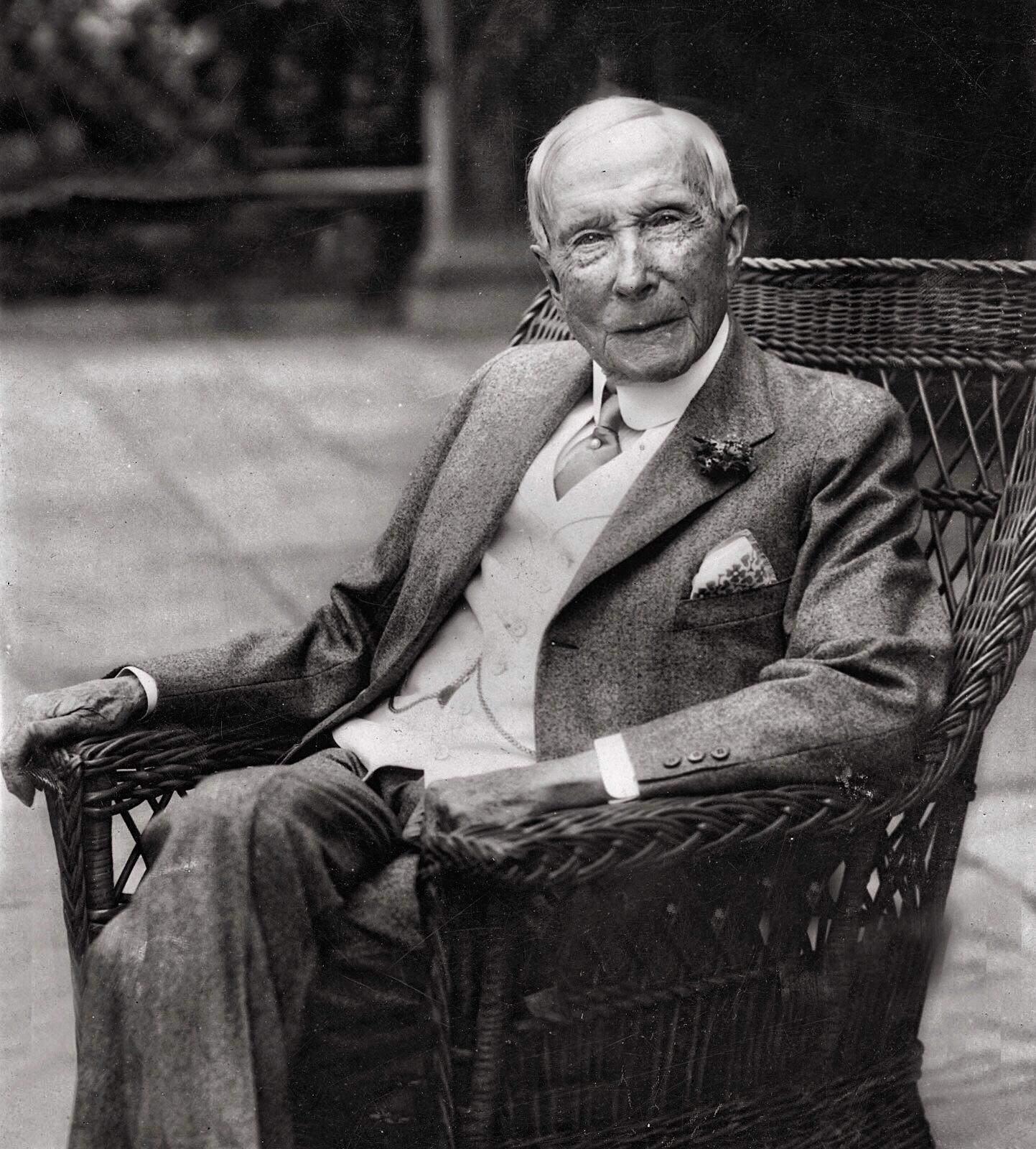|
Francisco Cambournac
Francisco Cambournac (26 December 1903 – 8 June 1994) was a notable Portuguese doctor. He came to the fore in the field of Malariology, a subject that contributed greatly to Portuguese medicine. He won the Léon Bernard Foundation Prize in 1978. Biography Cambournac was born on 26 of December 1903 in Rio de Mouro, Portugal and was educated at the University of Lisbon and graduated in 1929. He then specialised in tropical medicine, hygiene, and malaria between 1934 and 1943 while joining missions that examined health care in Portuguese colonies. Cambournac was made a professor of hygiene at the Tropical Medicine Institute, Lisbon in 1946. He served as the regional director of the World Health Organization’s African Regional Office between 1954 and 1964 working on malaria research before continuing his work at Rockefeller Foundation. He won the Léon Bernard Foundation Prize in 1978 for outstanding service in the field of social medicine. Cambournac died on 8 June 1994 in ... [...More Info...] [...Related Items...] OR: [Wikipedia] [Google] [Baidu] |
Rio De Mouro
Rio de Mouro () is a town and civil parish in the municipality of Sintra, Portugal. It is located at a distance of 15 km from the capital, Lisbon. The population in 2011 was 47,311, in an area of 16.49 km2. References External links *Official homepage of Rio de Mouro town hall Parishes of Sintra {{Lisbon-geo-stub ... [...More Info...] [...Related Items...] OR: [Wikipedia] [Google] [Baidu] |
Malariology
Malaria is a mosquito-borne infectious disease that affects vertebrates and ''Anopheles'' mosquitoes. Human malaria causes symptoms that typically include fever, fatigue, vomiting, and headaches. In severe cases, it can cause jaundice, seizures, coma, or death. Symptoms usually begin 10 to 15 days after being bitten by an infected ''Anopheles'' mosquito. If not properly treated, people may have recurrences of the disease months later. In those who have recently survived an infection, reinfection usually causes milder symptoms. This partial resistance disappears over months to years if the person has no continuing exposure to malaria. The mosquitoes themselves are harmed by malaria, causing reduced lifespans in those infected by it. Malaria is caused by single-celled microorganisms of the genus ''Plasmodium''. It is spread exclusively through bites of infected female ''Anopheles'' mosquitoes. The mosquito bite introduces the parasites from the mosquito's saliva into the blo ... [...More Info...] [...Related Items...] OR: [Wikipedia] [Google] [Baidu] |
World Health Organization
The World Health Organization (WHO) is a list of specialized agencies of the United Nations, specialized agency of the United Nations which coordinates responses to international public health issues and emergencies. It is headquartered in Geneva, Switzerland, and has 6 regional offices and 150 field offices worldwide. Only sovereign states are eligible to join, and it is the largest intergovernmental health organization at the international level. The WHO's purpose is to achieve the highest possible level of health for all the world's people, defining health as "a state of complete physical, mental and social well-being and not merely the absence of disease or infirmity." The main functions of the World Health Organization include promoting the control of epidemic and endemic diseases; providing and improving the teaching and training in public health, the medical treatment of disease, and related matters; and promoting the establishment of international standards for biologic ... [...More Info...] [...Related Items...] OR: [Wikipedia] [Google] [Baidu] |
Rockefeller Foundation
The Rockefeller Foundation is an American private foundation and philanthropic medical research and arts funding organization based at 420 Fifth Avenue, New York City. The foundation was created by Standard Oil magnate John D. Rockefeller ("Senior") and son " Junior", and their primary business advisor, Frederick Taylor Gates, on May 14, 1913, when its charter was granted by New York. It is the second-oldest major philanthropic institution in America (after the Carnegie Corporation) and ranks as the 30th largest foundation globally by endowment, with assets of over $6.3 billion in 2022. The Rockefeller Foundation is legally independent from other Rockefeller entities, including the Rockefeller University and Rockefeller Center, and operates under the oversight of its own independent board of trustees, with its own resources and distinct mission. Since its inception, the foundation has donated billions of dollars to various causes, becoming the largest philanthropic enter ... [...More Info...] [...Related Items...] OR: [Wikipedia] [Google] [Baidu] |
University Of Lisbon
The University of Lisbon (ULisboa; ) is a public university, public research university in Lisbon, and Portugal's largest university. It was founded in 1911, but the university's present structure dates to the 2013 merger of the former University of Lisbon (1911–2013) and the Technical University of Lisbon, Technical University of Lisbon (1930–2013). History University of Coimbra, the first Portuguese university, was established in Lisbon between 1288 and 1290, when Denis of Portugal, Dinis I promulgated the letter ''Scientiae thesaurus mirabili'', granting several privileges to the students of the ''studium generale'' in Lisbon, proving that it was already founded on that date. There was an active participation in this educational activity by the Portuguese Crown and its king, through its commitment of part of the subsidy of the same, as by the fixed incomes of the Church. This institution moved several times between Lisbon and Coimbra, where it settled permanently in 1537. ... [...More Info...] [...Related Items...] OR: [Wikipedia] [Google] [Baidu] |
Léon Bernard Foundation Prize
World Health Organization (WHO) public health prizes and awards are given to recognise major achievements in public health. The candidates are nominated and recommended by each prize and award selection panel. The WHO Executive Board selects the winners, which are presented during the World Health Assembly. Some of these awards are originally stated by WHO and other were inherited from the League of Nations. Léon Bernard Foundation Prize Established in 1937 in memory of professor Léon Bérard (1876–1960), one of the founders of the League of Nations, to celebrate outstanding service in the field of social medicine. The prize is awarded when there is enough funding, consisting of a bronze medal and a sum of 2500 CHF to be awarded to a person who has accomplished it. Ihsan Doğramacı Family Health Foundation Prize Established in 1980 by professor İhsan Doğramacı (1915–2010) to celebrate paediatricians and child health specialists who have given distinguished serv ... [...More Info...] [...Related Items...] OR: [Wikipedia] [Google] [Baidu] |
Malaria
Malaria is a Mosquito-borne disease, mosquito-borne infectious disease that affects vertebrates and ''Anopheles'' mosquitoes. Human malaria causes Signs and symptoms, symptoms that typically include fever, Fatigue (medical), fatigue, vomiting, and headaches. In severe cases, it can cause jaundice, Epileptic seizure, seizures, coma, or death. Symptoms usually begin 10 to 15 days after being bitten by an infected ''Anopheles'' mosquito. If not properly treated, people may have recurrences of the disease months later. In those who have recently survived an infection, reinfection usually causes milder symptoms. This partial Immunity (medical), resistance disappears over months to years if the person has no continuing exposure to malaria. The mosquitoes themselves are harmed by malaria, causing reduced lifespans in those infected by it. Malaria is caused by protozoa, single-celled microorganisms of the genus ''Plasmodium''. It is spread exclusively through bites of infected female ... [...More Info...] [...Related Items...] OR: [Wikipedia] [Google] [Baidu] |
Tropical Medicine
Tropical medicine is an interdisciplinary branch of medicine that deals with health issues that occur uniquely, are more widespread, or are more difficult to control in tropical and subtropical regions. Physicians in this field diagnose and treat a variety of diseases and ailments. Most infections they deal with are endemic to the tropics. A few of the most well-known include malaria, HIV/AIDS, and tuberculosis. They must be knowledgeable in the 18 lesser known neglected tropical diseases, which include Chagas disease, rabies, and dengue. Poor living conditions in developing regions of tropical countries have led to a rising number of non-communicable diseases as well as the prevalence of neglected tropical diseases. These diseases include cancer and cardiovascular disease, which, in the past, have been more of a worry in developed countries. Physicians trained in tropical medicine must also be prepared to diagnose and treat these diseases. Training for physicians wishing to s ... [...More Info...] [...Related Items...] OR: [Wikipedia] [Google] [Baidu] |
Malaria
Malaria is a Mosquito-borne disease, mosquito-borne infectious disease that affects vertebrates and ''Anopheles'' mosquitoes. Human malaria causes Signs and symptoms, symptoms that typically include fever, Fatigue (medical), fatigue, vomiting, and headaches. In severe cases, it can cause jaundice, Epileptic seizure, seizures, coma, or death. Symptoms usually begin 10 to 15 days after being bitten by an infected ''Anopheles'' mosquito. If not properly treated, people may have recurrences of the disease months later. In those who have recently survived an infection, reinfection usually causes milder symptoms. This partial Immunity (medical), resistance disappears over months to years if the person has no continuing exposure to malaria. The mosquitoes themselves are harmed by malaria, causing reduced lifespans in those infected by it. Malaria is caused by protozoa, single-celled microorganisms of the genus ''Plasmodium''. It is spread exclusively through bites of infected female ... [...More Info...] [...Related Items...] OR: [Wikipedia] [Google] [Baidu] |
Portuguese Empire
The Portuguese Empire was a colonial empire that existed between 1415 and 1999. In conjunction with the Spanish Empire, it ushered in the European Age of Discovery. It achieved a global scale, controlling vast portions of the Americas, Africa and various islands in Asia and Oceania. It was one of the most powerful empires of the early modern period, while at its greatest extent in 1820, covering 5.5 million square km ( million square miles), making it among the List of largest empires, largest empires in history. Composed of colonialism, colonies, Factory (trading post)#Portuguese feitorias (c. 1445), factories, and later Territory#Overseas territory, overseas territories, it was the longest-lived colonial empire in history, from the conquest of Ceuta in North Africa in 1415 to the handover of Macau to China in 1999. The power and influence of the Kingdom of Portugal would eventually expand across the globe. In the wake of the Reconquista, Portuguese maritime exploration, Port ... [...More Info...] [...Related Items...] OR: [Wikipedia] [Google] [Baidu] |
Social Medicine
Social medicine is an interdisciplinary field that focuses on the profound interplay between socio-economic factors and individual health outcomes. Rooted in the challenges of the Industrial Revolution, it seeks to: # Understand how specific social, economic, and environmental conditions directly impact health, disease, and the delivery of medical care. # Promote conditions and interventions that address these determinants, aiming for a healthier and more equitable society. Social medicine as a scientific field gradually began in the early 19th century, the Industrial Revolution and the subsequent increase in poverty and disease among workers raised concerns about the effect of social processes on the health of the poor. The field of social medicine is most commonly addressed today by efforts to understand what are known as social determinants of health. Scope The major emphasis on Biomedical sciences, biomedical science in medical education, health care, and medical research has ... [...More Info...] [...Related Items...] OR: [Wikipedia] [Google] [Baidu] |
Lisbon
Lisbon ( ; ) is the capital and largest city of Portugal, with an estimated population of 567,131, as of 2023, within its administrative limits and 3,028,000 within the Lisbon Metropolitan Area, metropolis, as of 2025. Lisbon is mainland Europe's westernmost capital city (second overall after Reykjavík, Reykjavik), and the only one along the Atlantic coast, the others (Reykjavik and Dublin) being on islands. The city lies in the western portion of the Iberian Peninsula, on the northern shore of the River Tagus. The western portion of its metro area, the Portuguese Riviera, hosts the westernmost point of Continental Europe, culminating at Cabo da Roca. Lisbon is one of the List of oldest continuously inhabited cities, oldest cities in the world and the second-oldest European capital city (after Athens), predating other modern European capitals by centuries. Settled by pre-Celtic tribes and later founded and civilized by the Phoenicians, Julius Caesar made it a municipium ... [...More Info...] [...Related Items...] OR: [Wikipedia] [Google] [Baidu] |











